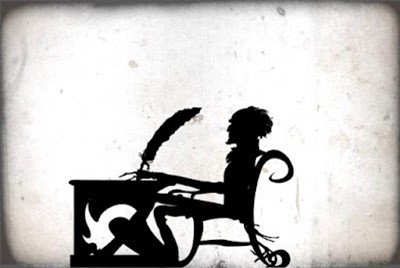Thursday, 19 December 2024
EXORCISM PART 1 - The Authority to Perform the Rite of Exorcism
The Rite of Exorcism is governed by Canon 1172 and the rubrics of the Rite.

peculiarem et expressam licentiam) special and express
THE CANON
Can. 1172 1. No one can perform exorcisms legitimately upon the
possessed unless he has obtained (permission from the local ordinary.
2. The local ordinary is to give this permission only to a presbyter
who has piety, knowledge, prudence and integrity of life.
THE PIVOTAL AUTHORITY
The pivotal actor in an Exorcism is the local ordinary, the bishop (or
the Apostolic Administrator when diocese is without a bishop). Both
sections of canon 1172 expect that the local ordinary do all that is required
to assure that his permission is not routine but special and express.
The special and express permission for the Rite of Exorcism belongs to
the local ordinary alone. We have a letter in which the special and express
permission was conditional for a particular person. It is understood from the
Canon that the local ordinary performs his own due diligence in respect to the
Rite. Some dioceses ask that the person first consult a doctor or psychologist
to make sure that possession by an evil spirit is a distinct probability.
According to Canon Law the local ordinary chooses the priest who is to
be the exorcist.
THE EXORCISTS
The exorcist chosen by the local ordinary then performs the Rite of
Exorcism according to the rubrics that are laid down in the Rite.
There have been four Sons of the Most Holy Redeemer named in faculties
to perform the Rite of Exorcism by the local ordinary of Christchurch: Fathers
Michael Mary, Anthony Mary, Yousef Marie and Magdala Maria.
In respect of Canon Law all the priests of the Congregation of the Sons
of the Most Holy Redeemer, who have performed the Rite of Exorcism have done so
because they were delegated to do so by the local ordinary of the diocese of
Christchurch. The delegation was in writing. The faculty specifically
named the exorcists and the same document conjointly named the particular
person who was to receive the Rite of Exorcism.
WE AFFIRM
We affirm the truth, that the Rite of Exorcism, which opposes and casts
out the Father of Lies, has never been performed by a priest of Congregation of
the Sons of the Most Holy Redeemer within the diocese of Christchurch without
the written letter of delegation issued by the local ordinary of the diocese of
Christchurch.
THE RITE OF EXORCISM PERFORMED
ON A CHILD
From the above, it may be concluded with certainty that the Rite of
Exorcism was never performed on a child, as has been spread by gossipers, those
who talk eagerly and casually about us. That we performed the Rite of Exorcism
on a child has also been asserted by those who have chosen to malign us.
All cases for the Rite of Exorcism that were confided to us by the Local
Ordinary were well over 21 years of age.
(Part II will respond concerning the Rubrics of the Rite of Exorcism)
at December 19, 2024 No comments:


















